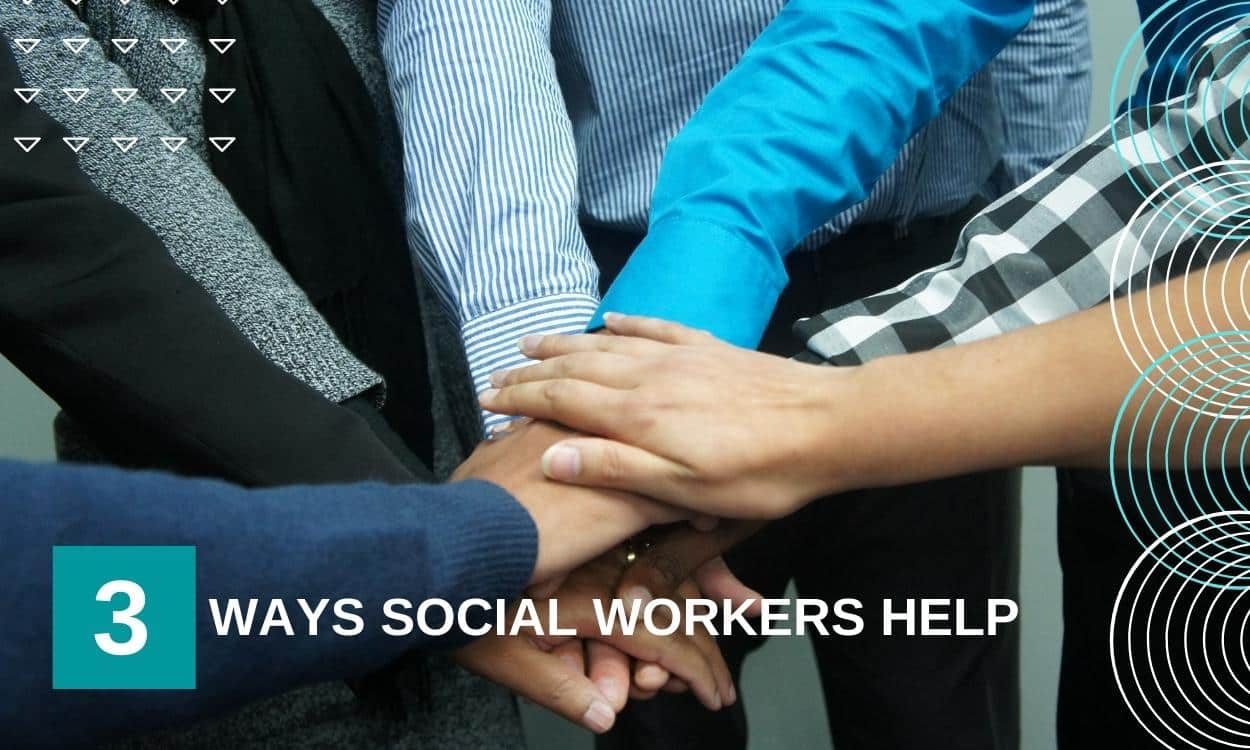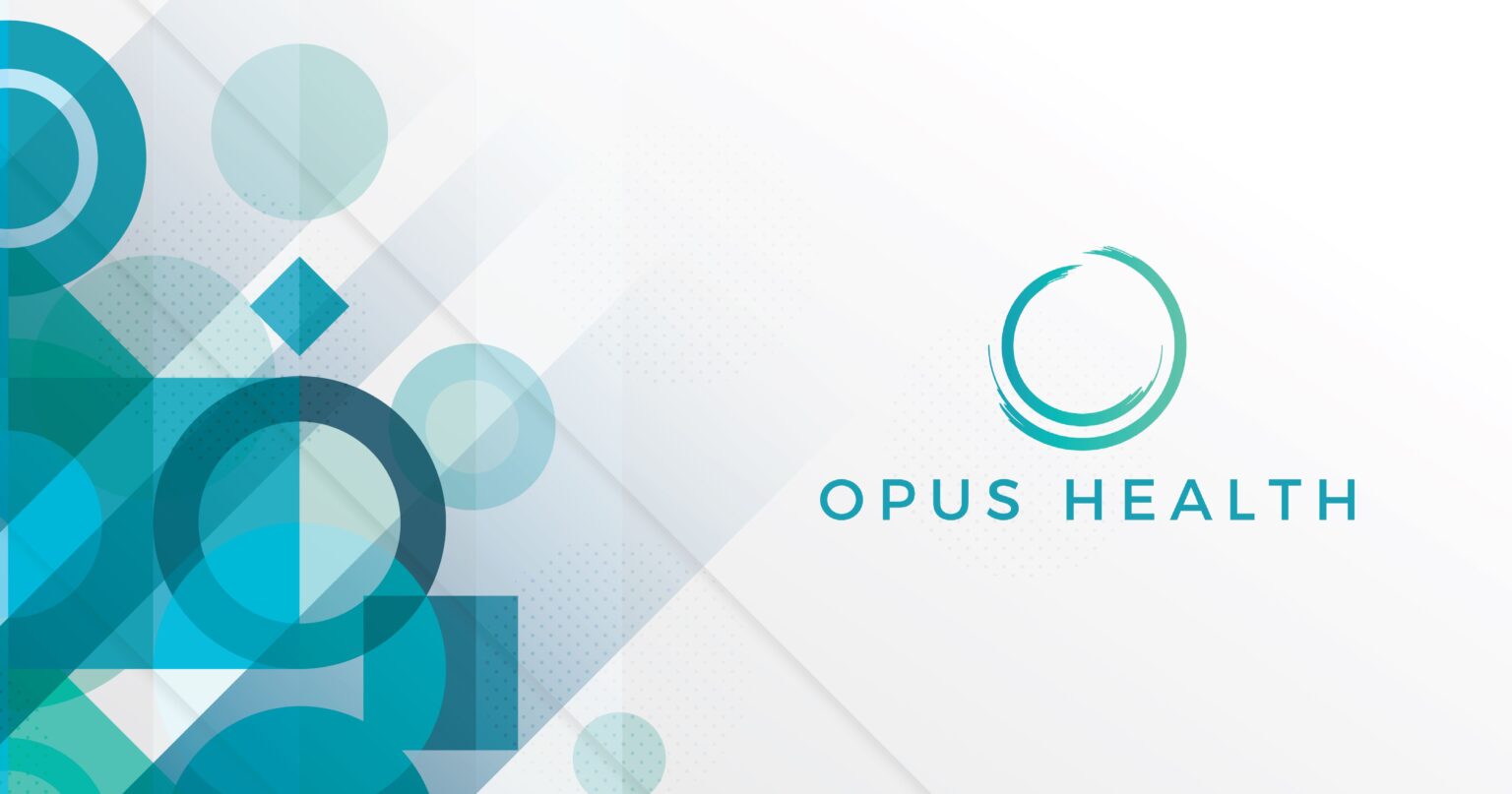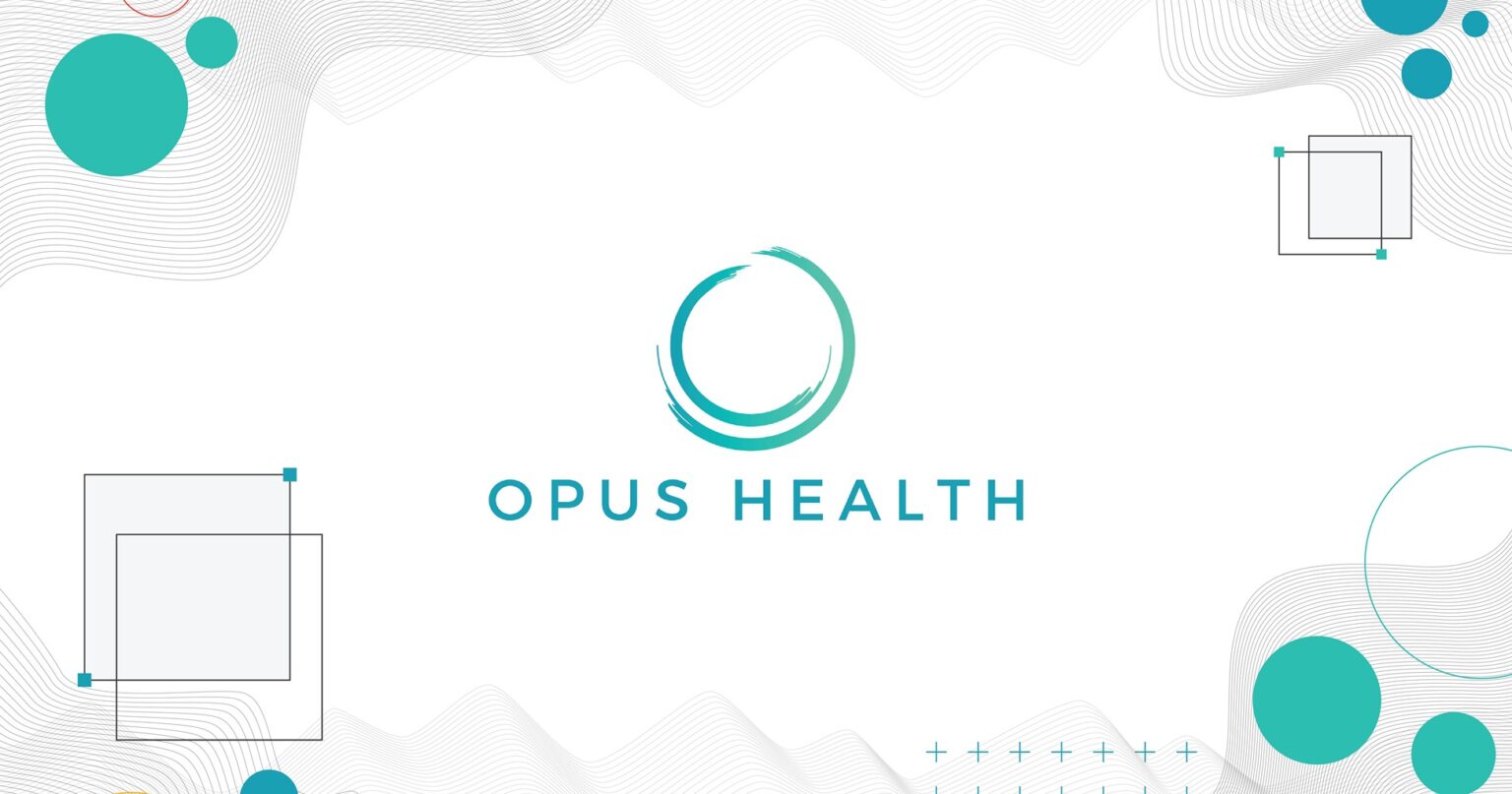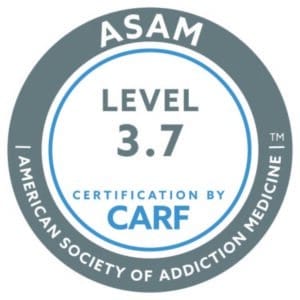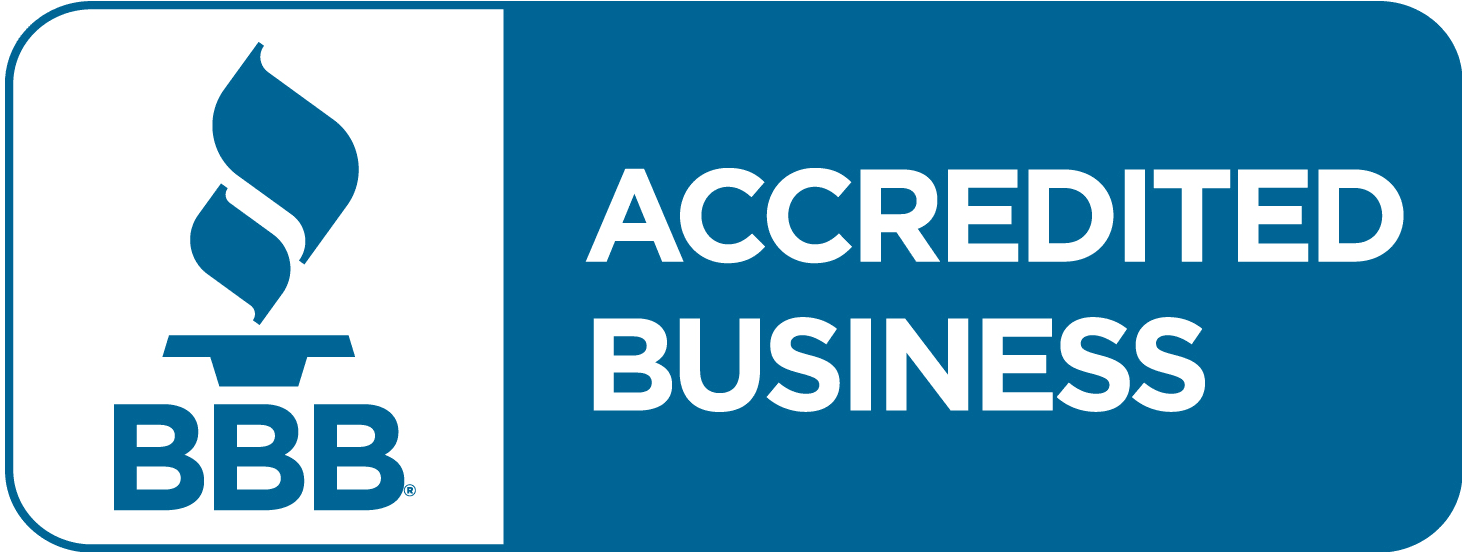A social worker can be an important ally and source of connection to the community and resources to help your family.
We often think about social workers who provide services through government agencies, which they can, but there are other ways social workers can help. There’s also a misconception that these professionals only work with cases of child abuse or within the foster care system.
In reality, a social work career can be incredibly diverse and include working with many different populations and people in need.
Specifically, below we’ll talk more about the benefits of a social worker for teens and their role in the addiction treatment process.
What Does a Social Worker Do?
Someone in the social work field has different and often very broad responsibilities and roles in the community they work within. These professionals receive specific training and clinical experience to identify people who need care. The individuals a social work professional helps might be dealing with a physical or mental illness, experiencing trauma, or in a crisis.
Someone in the social work profession can help support them and connect them with resources to meet their daily needs and ultimately thrive.
Within this capacity, these professionals also work with local organizations and policymakers to ensure effective safety nets and programs are available for vulnerable communities. In this way, they serve as advocates for the people they work with.
In an administrative sense, social workers will maintain case files and continuously follow up with the people they work with to ensure they’re receiving support that meets their needs and where they are in their life at any given time.
There are a lot of different types of people who do social work. Some work with children in family services or schools. Others are clinically trained, licensed professionals who can diagnose addictions and mental health disorders. Clinical social workers can help create treatment plans, often along with a team of healthcare providers.
Some people work within healthcare specifically. These social workers help patients who might be dealing with various conditions. They can help connect them with support groups and education programs relevant to their illness.
While the overarching goal is to help people, social work professionals do more than that. They are problem-solvers and often work on solutions to a wide range of highly complex challenges. They promote good mental health and reduce emotional issues, utilize strategies to end generational trauma and addiction, and strive to create healthier families and communities.
They are the biggest group of mental health services providers in the U.S. In many areas of the country, they are the only mental health care providers available.
Specific social work services may include:
- Counseling for individuals, and couples, and serving as a family therapist.
- Working with educators to help advocate for students with behavioral disorders
- Talk therapy for mental disorders
- Career or employment planning and placement
- Vocational rehabilitation
- Stress management and coping methods
- Eating disorder counseling
- Counseling for trauma or grief
- Substance use disorder counseling
- Conflict resolution
- Custody assessments for parents
- Employee assistance programs (EAPs)
- Lobbying against social injustice in the community
- Working alongside police officers and first responders in crises
Settings where they can work include:
- Children’s aid organizations
- Private practice
- Hospitals and health care settings
- Mental health environments
- Rehab facilities for substance abuse
- Correctional facilities
- Schools
- Government offices
- Community organizations for social planning and public health
The Role of Social Work in Addiction Treatment
Many people don’t understand the important role of social work in addiction diagnosis and treatment. There are many contributions they make in the process of identifying and treating substance use disorders as well as co-occurring mental health disorders.
Specific roles that could involve social work include:
- These are professionals who could help stage an intervention. They are a good resource to help families understand what the intervention process might look like and facilitate it for the best outcomes.
- Someone in the field of social work can work as a therapist for a person who has a substance use disorder.
- Some social workers work in detox centers.
- They may work in a psychiatric or medical hospital or similar clinical setting.
- After someone completes rehab, social workers can help them re-enter the world and find employment, housing, child care, social services, and other necessities.
- In professional practice, a social worker can help patients develop communication skills and interpersonal skills to improve human relationships.
- They can help navigate the legal system, especially relevant for a substance abuse social worker.
- Maintaining contact with clients is important throughout the recovery process. People in recovery need to stay connected to their support network to reduce the risk of relapse.
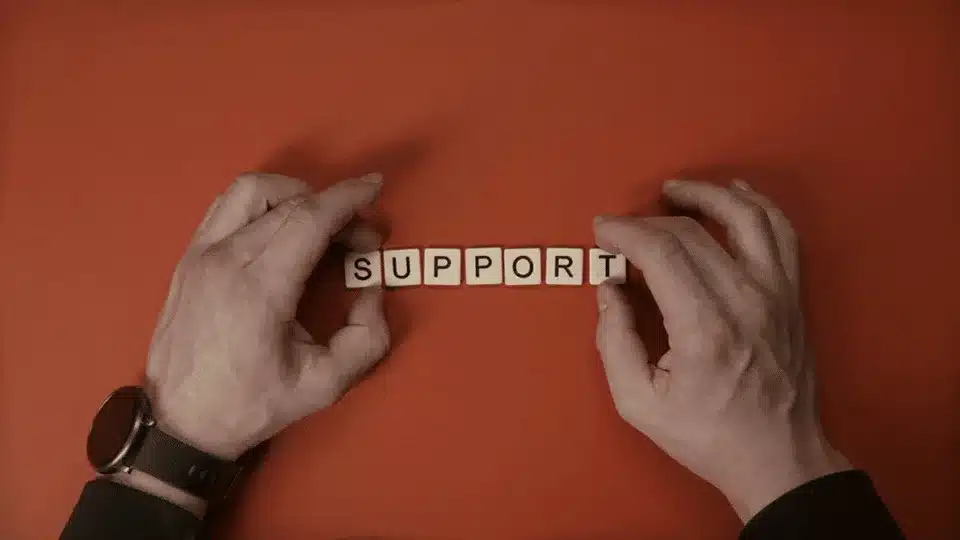
The Benefits of a Social Worker for Teens
Below, we explore the specific benefits of a social worker for teens.
1.) Support and Help for Parents
If you’re a teen parent who’s struggling, knowing where to turn for help and resources can be overwhelming. When you get in touch with social workers, whether through your child’s school or another organization or agency, they can begin to point you in the right direction.
They are very zeroed in on the local community and available resources to fit various needs.
For example, if your teen is struggling with a substance use disorder, they can help connect you with teen-centered treatment centers.
If your family is navigating something difficult, they can also help you find resources such as a therapist who can help all of you, or perhaps themselves serve as your therapist.
2.) Identifying Programs to Cover the Costs of Services
If your child needs treatment, particularly in an inpatient or comprehensive mental health or rehab center, it can be very expensive.
You may have to pay for certain services out of pocket, regardless of whether or not you have insurance. If you don’t have insurance, or you worry you won’t be able to cover the costs of needed programs for your teen, talking to someone in the field of social work can help you find resources.
3.) Crisis Intervention
A crisis can be emotional, physical, mental, or behavioral distress. The term trauma can broadly refer to many situations, including mental illness, grief, suicidal thoughts or behaviors, severe drug abuse, or any number of scenarios.
When parents of teens find themselves in a potential crisis, a social worker might help them.
There are crisis assessments which are a type of interview, where a counselor or mental health professional becomes familiar with the history of past crises and how they affect the teen’s mental or emotional state.
There are three types of assessment used in a crisis. The first is a triage assessment, where the condition and treatment approach are evaluated. The next step is a crisis assessment, during which the counselor collects information about the crisis experience. The third is a social assessment which looks at all of the components of the crisis, including the problem itself and the severity.
Crisis intervention procedures can occur in different ways, and there are several frequently used intervention models.
Addiction Treatment in Orange County, CA
The benefits of a social worker are enormous. In addition to even what we talk about above, they can also help with school issues or set up specialized education for teens, and they can help them find support groups and other networks to serve them.
If you’d like to learn more about addiction treatment in Orange County, California, please call Opus Health at 855-953-1345 today.
